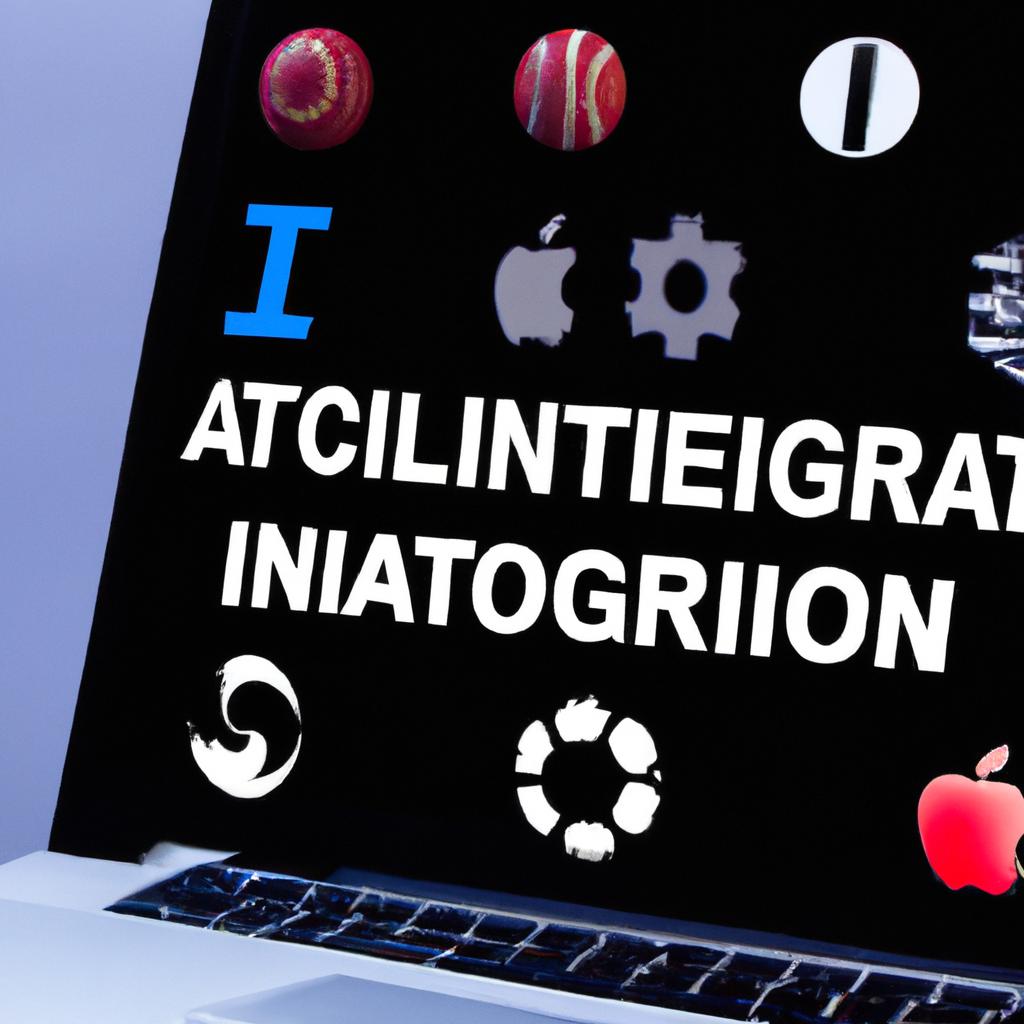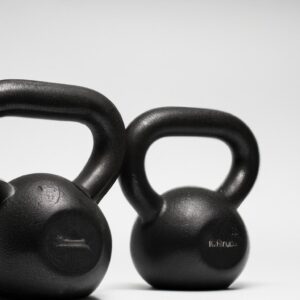**”The Integration of AI in Sports Coaching: How Intelligent Systems are Personalizing Training and Enhancing Athlete Performance”**
# The Integration of AI in Sports Coaching: How Intelligent Systems are Personalizing Training and Enhancing Athlete Performance
In recent years, the world of sports has witnessed a revolutionary transformation with the integration of artificial intelligence (AI) into coaching methodologies. Athletes are now harnessing the power of intelligent systems to personalize their training regimens, optimize performance, and enhance overall health. As technology continues to advance, AI plays an increasingly pivotal role in not only understanding an athlete’s capabilities but also predicting their potential, thereby reshaping the landscape of sports coaching.
## The Role of AI in Sports Training
### Personalized Training Programs
One of the most significant contributions of AI in sports coaching is the development of personalized training programs. Intelligent systems can analyze vast amounts of data derived from an athlete’s past performances, physical attributes, and training history. By utilizing algorithms and machine learning, coaches can create tailored training plans that reflect individual strengths, weaknesses, and goals. For example, a distance runner may benefit from a program that focuses on endurance and speed work, while a sprinter might require explosive strength training and agility drills.
### Real-Time Feedback
AI-powered tools provide real-time feedback during training sessions. Wearable devices and smart equipment can track an athlete’s movements, biomechanics, and physiological responses, offering immediate insights into performance. This real-time analysis allows coaches to make instant adjustments, ensuring that athletes can work on specific skills or techniques that require improvement. For instance, a basketball player can receive instant feedback on shooting form or footwork, enabling rapid correction and skill enhancement.
### Performance Prediction
AI doesn’t just analyze past performance; it can also predict future outcomes based on current training data. Using predictive analytics, AI systems can help coaches and athletes set realistic performance goals and anticipate challenges. This capability is especially beneficial during crucial training phases leading up to competitions, allowing athletes to peak at the right time.
## Nutrition Tips for Athletes
Nutrition plays a crucial role in optimizing athletic performance. AI can also assist athletes in making informed dietary choices that align with their training goals.
### Tailored Meal Plans
Using AI-driven nutrition apps, athletes can receive customized meal plans based on their training schedules, body composition, and nutritional needs. These apps consider factors such as macronutrient ratios, caloric intake, and specific dietary preferences to help athletes fuel their bodies effectively. For instance, an athlete preparing for a marathon may need a higher carbohydrate intake leading up to the race, while a weightlifter might focus on protein to support muscle recovery and growth.
### Monitoring Nutritional Intake
By integrating AI with wearable technology, athletes can monitor their nutritional intake in real-time. This allows them to make adjustments as needed, ensuring they maintain the energy levels required for rigorous training and competition. AI can also analyze how specific foods impact performance, helping athletes make better choices based on their unique responses to various diets.
## Exercise Advice: Utilizing AI for Optimal Performance
### Smart Training Devices
Smart training devices equipped with AI can significantly enhance an athlete
### Smart Training Devices
Smart training devices equipped with AI can significantly enhance an athlete’s training experience. These devices, which include smartwatches, fitness trackers, and smart gym equipment, offer valuable insights into workout performance and recovery. For instance, an AI-enabled smart fitness machine can adjust resistance levels based on an athlete’s real-time performance, ensuring that they are always working at their optimal intensity. Additionally, these devices can provide recommendations for exercise variations to prevent plateaus and keep training sessions engaging.
### Injury Prevention and Recovery
AI also plays a crucial role in injury prevention and recovery strategies. By analyzing data from wearables, such as heart rate variability, movement patterns, and fatigue levels, AI systems can identify potential injury risks before they become serious issues. Coaches can then adjust training loads and recovery protocols accordingly to minimize the risk of injury. Furthermore, AI can aid in rehabilitation by tracking an athlete’s progress and providing tailored recovery exercises that align with their specific needs.
## Conclusion
The integration of AI















Post Comment